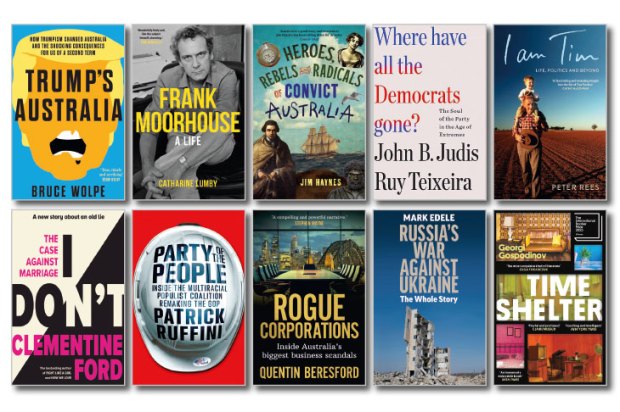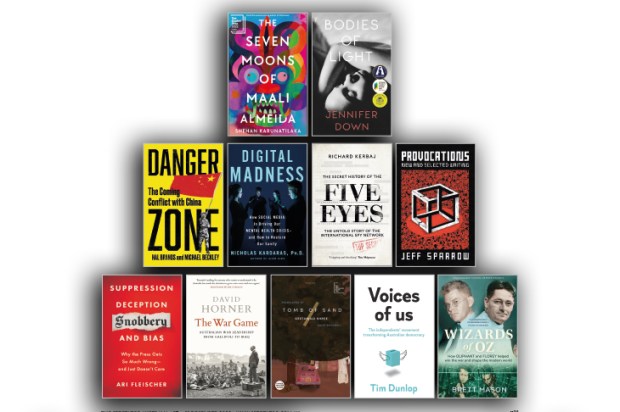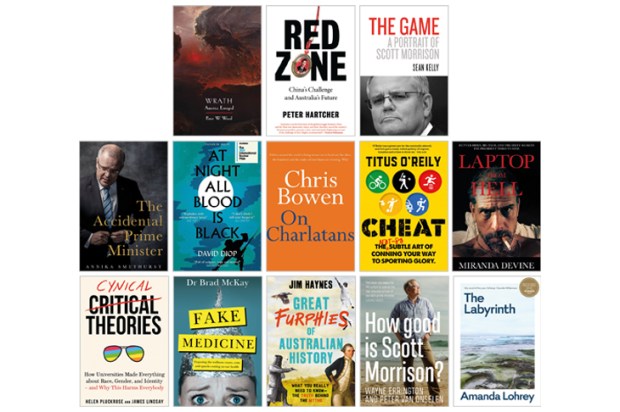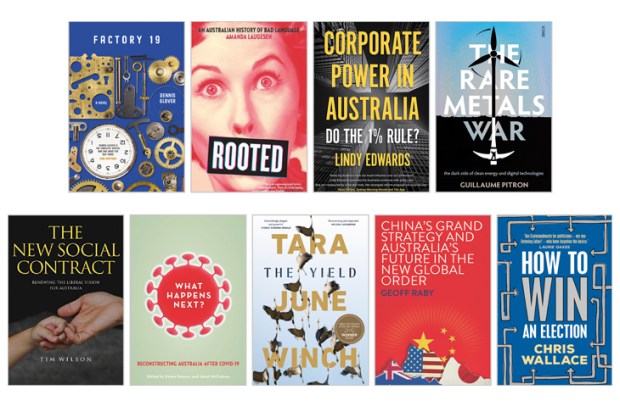Let’s get one thing straight: gullibility is not a virtue. This simple principle appears to be difficult to grasp for many who support those who claim to be refugees seeking asylum in Australia. Basically, anyone can say anything: it might be true or it might not be, and where there is an obvious self-interest a dose of prudent scepticism is a good idea.
Toohey, a senior News Corp journalist, does not go so far as to believe everything he is told, although there are times in this examination of Australia’s policy on illegal immigrants when he should have been more inquisitive. He notes that even descriptive terms can be loaded, with ‘asylum seeker’ and ‘illegal entrants’ having different connotations. Most of the commentariat, urged on by the media union, use the former, although Toohey points out that even the ABC Fact Check unit, after extensive legal consultation, determined that the latter was more correct.
At least Toohey has gone to the trouble of reading the 1951 Refugee Convention, which is more than many who cast themselves as supporters of illegal entrants. He also spent a decent amount of time in Indonesia talking to relevant players. He was there when Kevin Rudd (post-Gillard) announced that no more illegals would be taken into Australia. The statement was clear enough but the problem, says Toohey, is that the illegals gathering in Indonesia simply did not believe it. This is understandable, since Rudd’s earlier policies on the matter, and those of Gillard, had been inconsistent and ambiguous.
Toohey asserts that for the first few years of the new wave of illegals (that is, post-Howard) there were many who were genuine refugees. His evidence on this is sketchy, and he neglects to ask some obvious questions. For example, if Sri Lankan Tamils were desperate to leave the country, then why wouldn’t they go to Tamil Nadhu, the Indian state a ferry ride away? As for those from various parts of the Middle East, if their main concern was to escape persecution, why would they go through (or fly over) several acceptable countries in their attempt to reach Australia?
But even if that was a case at one time, Toohey acknowledges that the profile has changed, with Iranians becoming the dominant group. They seem to have a remarkable sense of entitlement, hardly bothering to learn the stories that the smugglers give them to use in official interviews and usually not registering with the UN agency in Indonesia. Toohey does not mention it, but Reza Berati, the Iranian illegal who was killed in a riot on Manus Island, had said that he left Iran because he could not find a job as an architect at the pay level he wanted. One might sympathise with his problem, but it is hard to say it constitutes a ‘well-founded fear of persecution’, to use the phrase of the Convention. Not liking the government of your country, or wanting to better your situation, does not make you a refugee. It makes you, well, one of billions of people.
Toohey walks through Gillard’s abortive East Timor policy and Malaysia solution, and wonders how anyone might have thought they could work. Given that he is so critical, it seems odd that he then attacks Abbott for refusing to support them. He notes that a large portion of the current government’s policy was established by Labor although there was a widespread perception that Rudd’s and Gillard’s hearts were never in it. No such confusion regarding Abbott and Scott Morrison: their key weapon has been their emphasis on getting the job done, whatever the cost.
Toohey accepts that the Coalition has a mandate to act but he worries about the consequences for relations with Indonesia. He notes that there has been little attempt to engage Indonesia as a partner in finding a solution, although he acknowledges that the two countries have radically different views on the problem. Indeed, at the grass-roots level in Indonesia the illegals are not even seen as a problem for the country but as a problem entirely for Australia. The country’s leaders might talk about the need for co-operative solutions but not much filters down. Toohey acknowledges this reality but does not know what to do about it.
This lack of positive suggestions is the key problem with Toohey’s essay. He seems unwilling to admit that the current policies are successful, preferring to question the nature of success in this case. His complaint about upsetting Indonesia seems a bit churlish, since the Abbott government has been in power less than a year and has, in other areas, sought to foster better relations while having to clean up messes left by the Labor government, such as the phone-tapping revelations.
But despite these shortcomings the essay is a useful contribution. And it is good to hear from someone who has done their homework and who does not see the issue in Manichean terms. Too many people in this debate prefer the language of self-righteousness, although it often looks like mere soft-headedness.
Got something to add? Join the discussion and comment below.
Get 10 issues for just $10
Subscribe to The Spectator Australia today for the next 10 magazine issues, plus full online access, for just $10.
You might disagree with half of it, but you’ll enjoy reading all of it. Try your first month for free, then just $2 a week for the remainder of your first year.













Comments
Don't miss out
Join the conversation with other Spectator Australia readers. Subscribe to leave a comment.
SUBSCRIBEAlready a subscriber? Log in